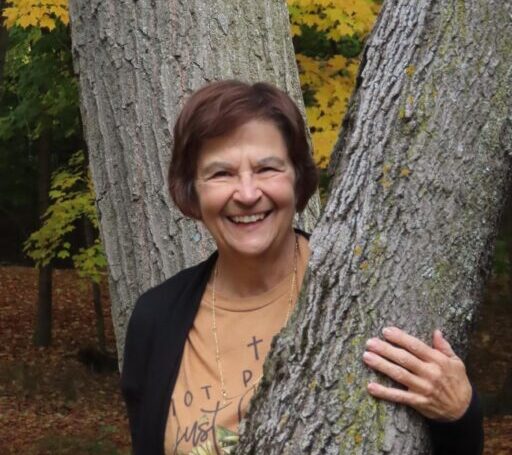Forgiveness – A Feeling or a Choice?
What does it feel like to be forgiven? Let’s ask Terri Roberts from Strasburg, PA. Who is she, you might ask. She is the mother of Charlie – the man who in 2006 entered an Amish school, bound and shot 10 girls ages 6 to 13 before shooting himself. Charlie was a father himself. Five of those girls he shot, died.
Terri and her husband, along with their son Charlie, his wife and their children all lived in this same small community of 2800 people. Strasburg lies in the heart of Amish farmland in well known Lancaster County. Terri and Chuck Roberts live outside of town – next to Amish neighbors.
One of those neighbors is Henry Stoltzfoos – a man the Roberts have known for years. When Terri saw him through the window, walking up to their front door following the horrible ordeal, she could only imagine how this was going to go. Terri knew that some of the girls that had died were the daughters of Henry’s relatives and friends. Before going to the door, she glanced at her husband (a retired police officer) who was still slumped over the kitchen table; a dish towel covering his face to control the flow of tears.
Taking a deep breath and fearing the worst, she opened the door. Henry’s countenance took her aback. Where she expected to see hate and anger – she only saw compassion. Seeing Chuck in total despair, Henry immediately went to his side, placing a hand on his shoulder. “Roberts,” he said, “we love you. This was not your doing. You must not blame yourself.” When Henry Stoltzfoos left an hour later, Chuck was sitting upright. A great deal of the burden had been lifted from his shoulders by the unnatural, outpouring of love from his Amish neighbor.
When donations started to come in to help the victims’ families, the Amish families insisted that part of those funds go to the killer’s wife and children. They too, have had a tremendous loss, they said. At Charlie’s funeral, the Amish not only came in their funeral attire, but moved into position to form a solid black wall between the family and media photographers. It was all Terri could do to keep it together when Chris and Rachel Miller approached her and Chuck to express their condolences. “We are so sorry for your loss,” they whispered. Terri was well aware that the couple had lost their beloved Lena and Mary Liz at the hands of Charlie’s rampage.
In her book, Forgiven, Terri explains how this was a moment of clarity for her. She now understood what the Amish man on the news had said to be true – forgiveness is not a feeling; but a choice. In her heart, she knew these sweet parents that had come to console her were as grief-stricken as she was. There choice to forgive her and Chuck, allowed her the freedom to forgive her son of the heinous deed he had done.
I wonder how different life would be, now, for those that chose to forgive – had they not. Or for Terri and Chuck, had they not received this forgiveness. I would imagine that hearts would have been quickly hardened and filled with an explosive of bitterness and hatred. Instead, a group of people – as difficult as it was, made the choice to not fall into a miserable pit they couldn’t climb out of. Not only did their choice impact their lives and those of Terri and Chuck, but it left an impression on anyone watching the news that night of October 1, 2006.
For weeks, people across the country were talking about it; how the Amish had lovingly responded. It goes so against what society expects, but oh my, when the stakes are the loss of innocent children’s lives, yet forgiveness is the choice, it leaves an impression on our souls as deeply ingrained as a century old fossil.
Maybe this is why God commanded us to forgive (Ephesians 4:32) – not because it’s easy , but because it’s what frees us. He loves us and knows that living in harmony with our neighbors, (or any other relationship) is what lightens the load of all involved.
Until next month, keep on readin’ and I’ll keep on writin’.



